(ECNS) -- Protesters across the U.S. took to the streets to voice concerns over U.S. President Donald Trump's actions on Saturday. Nationwide more than 500,000 people RSVP'd to attend one of 1,000 rallies, marches, or protests, according to USA Today.
The American public protested over the government pushing the U.S. into the abyss.

Last Wednesday, the U.S. government announced the imposition of so-called "reciprocal tariffs" on trade partners. This approach not only harms the country' s own interests but also threatens global economic development and the stability of supply chains, increasing the likelihood of U.S. and global economic recessions. It is detrimental to others without benefiting the U.S. itself.
Since the signing of the executive order on "reciprocal tariffs," the U.S. stock market has experienced a consecutive two-day plunge, with the Nasdaq Composite Index entering a technical bear market. This has triggered a global stock market decline, reflecting investor concerns about the economic outlook.
JPMorgan Chase CEO Jamie Dimon told CNBC that the tariffs would likely boost prices on both American domestic and imported goods, weighing down a U.S. economy that had already been slowing.
The negative impact of the tariff policy on the global economy is yet to be seen. However, its boomerang effect has already struck the American public.
To minimize losses, many Americans have already acted, clearing shelves of goods imported from countries like China before the tariffs take effect.
JPMorgan analysts noted Wednesday that the tariffs would hike taxes on Americans by $660 billion a year — the largest tax increase (by a longshot) in recent memory, according to CNN.
The U.S. pursuit of trade protectionism has not only failed to protect itself but has harmed the entire world. In contrast, China remains steadfast in its support for multilateralism, willing to work with all nations to promote free trade and achieve mutual benefits. It is committed to injecting certainty into the uncertain global economy.
In the first two months of this year, multiple economic indicators in China rose.
The business activity index of the small commodities market grew by 16.3 percent year-on-year in the first quarter, with a 21.6 percent year-on-year increase in March alone, according to CCTV.
Besides, the State Administration of Foreign Exchange of China shows that in February this year, the country's imports and exports of goods and services reached 3.6861 trillion yuan (about $502.24 billion), up 14 percent year-on-year, demonstrating the strong resilience of the Chinese economy.
Recently, senior executives from Apple and Qualcomm visited China in large numbers, attending major conferences and forums and engaging in cooperative talks. Their actions serve as a strong signal of confidence in the Chinese market.
While the U.S. has sparked a global trade war, plunging itself into chaos, China is expanding high-level opening-up, promoting global common openness, development, and prosperity. Whether to isolate the world with high walls or unite through openness and consensus, history's scale will naturally tip in favor of the right side.
(By Gong Weiwei)








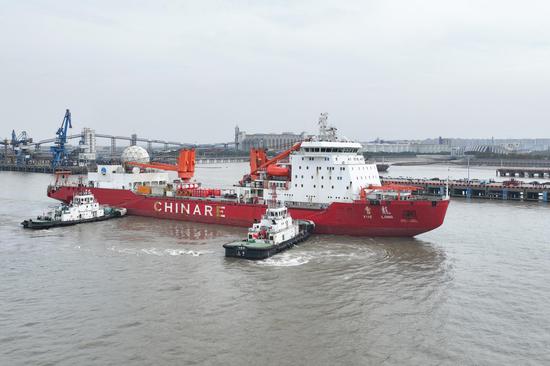
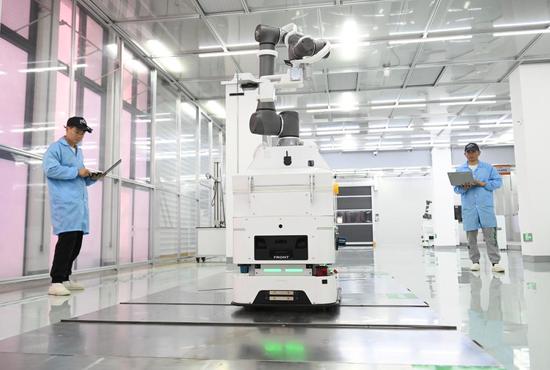


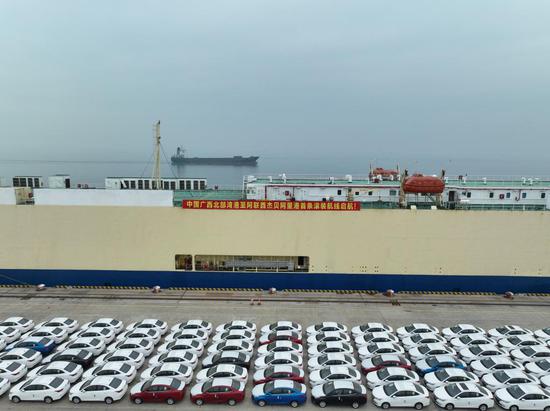








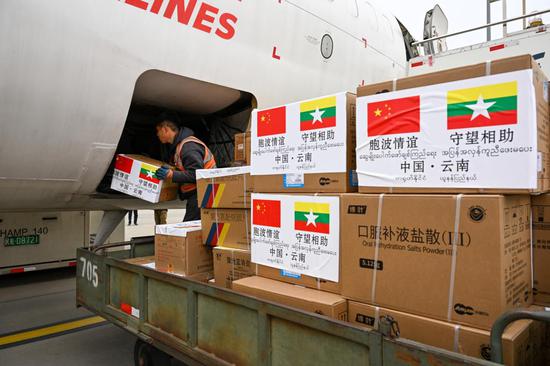






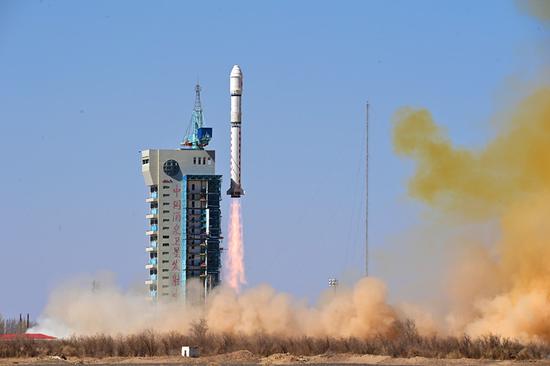

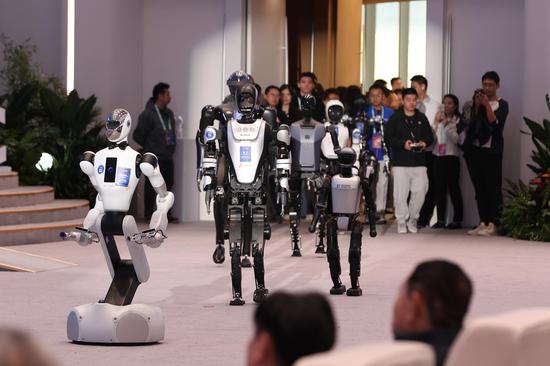



















 京公网安备 11010202009201号
京公网安备 11010202009201号